When most people think of camping, they picture sunny skies and warm summer evenings. But winter camping? It’s an entirely different adventure—quieter, crisper, and often more magical.
With the right gear, winter camping in a bell tent can be an incredible experience. At Boho Bell Tent, we’ve pitched in everything from frosty English fields to snowy mountains—and bell tents have proven to be a surprisingly effective basecamp for cold-weather escapes.
In this guide, we explore how suitable bell tents are for winter, their insulation capabilities, stove compatibility, and top tips for staying warm when the temperature drops.
🏕 Why Bell Tents Work in Winter
✔️ Insulation & Breathability
Bell tents are typically made from cotton canvas or polycotton blends, both of which:
• Retain heat well while allowing airflow
• Minimise condensation compared to synthetic tents
• Feel warmer and less clammy in cold, damp weather
The natural fibres in canvas offer better insulation than synthetic alternatives, especially when paired with rugs or thermal liners inside.
🧵 Real talk: Coldest I have personally camped in the UK with one of our tents was 0°C in a 6M fire cotton canvas bell tent - stove was on and the tent was lovely and warm - coldest I have camped in general was in Canada where the temp dropped to a freezing -12°C! I didn't have a lovely bell tent to stay in as well!
✔️ Weather Resistance
High-quality bell tents are built for all seasons:
• Reinforced seams help withstand wind and rain
• Sturdy centre poles provide strength in snowy conditions
• Steep angled sides allow snow to slide off instead of accumulating
💡 Tip: Always re-tension guy lines after snow or heavy rain to keep the tent fabric taut and performing at its best.
🔥 Stove Compatibility
One of the biggest winter advantages? You can install a wood-burning stove.
Many bell tents (including ours) come with a stove jack, making it easy to fit a flue pipe for safe ventilation. This turns your tent into a warm retreat and helps dry clothes, warm food, and lift your spirits in cold weather.
⚠️ Always use a fireproof mat beneath your stove and follow safety guidelines for stove use inside canvas tents.
🧣 Top Tips for Winter Camping in a Bell Tent
1️⃣ Prep Your Campsite
Before setting up:
• Clear snow, ice, or debris
• Use a groundsheet or insulating base layer to reduce heat loss
• Choose a spot sheltered from wind if possible
2️⃣ Layer Up with Insulation Accessories
Boost your tent’s thermal performance with:
• Tent carpets or thick rugs (cosy underfoot and great for insulation)
• Thermal liners or inner tents (create a smaller insulated area within your main tent)
• Draught stoppers around doors and zips
3️⃣ Ventilate to Reduce Condensation
Even in freezing weather, ventilation is essential:
• Open roof vents or cracked windows
• Avoid drying wet clothes inside if ventilation is limited
• Keep stove ventilation flue clear to ensure airflow
Without good ventilation, condensation builds up fast, making everything damp and uncomfortable.
4️⃣ Dress & Sleep Smart
• Use a 4-season or -5°C rated sleeping bag
• Add a thermal liner or wool blanket inside for extra warmth
• Sleep in thermal base layers, socks, and a hat
• Consider a hot water bottle or heated blanket for extra comfort
5️⃣ Plan Wisely
• Use daylight hours for hiking or exploring
• Cook warming meals and make hot drinks regularly
• Have a backup plan in case the weather turns (including a safe shelter option)
🫕 One-pot meals like stew or hot soup are easy to cook on a stove and help keep your body temperature up.
✅ Are Bell Tents Suitable for Winter Camping?
Absolutely—with the right setup. Thanks to their:
• Excellent insulation
• Compatibility with stoves
• Spacious interiors for layering and comfort
…bell tents make an ideal base for cold-weather adventures. Whether you’re glamping in the Lake District or trying snow camping for the first time, a bell tent provides a cosy, flexible, and durable winter retreat.
🛍 Gear Up for Winter with Boho Bell Tent
From stove-compatible camping tents to blackout liners, we’ve got everything you need to make your winter camping trip warm and wonderful.


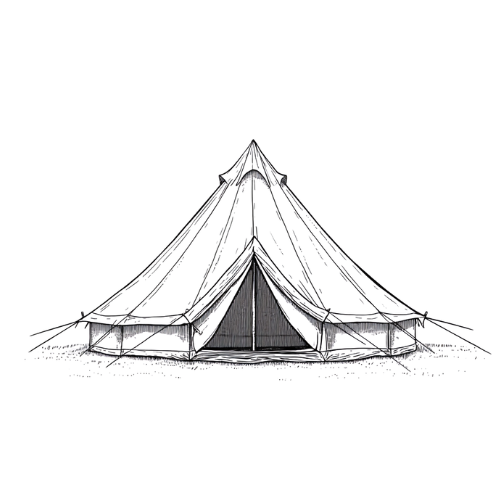 Canvas Bell Tents
Canvas Bell Tents Bell Tent Accessories
Bell Tent Accessories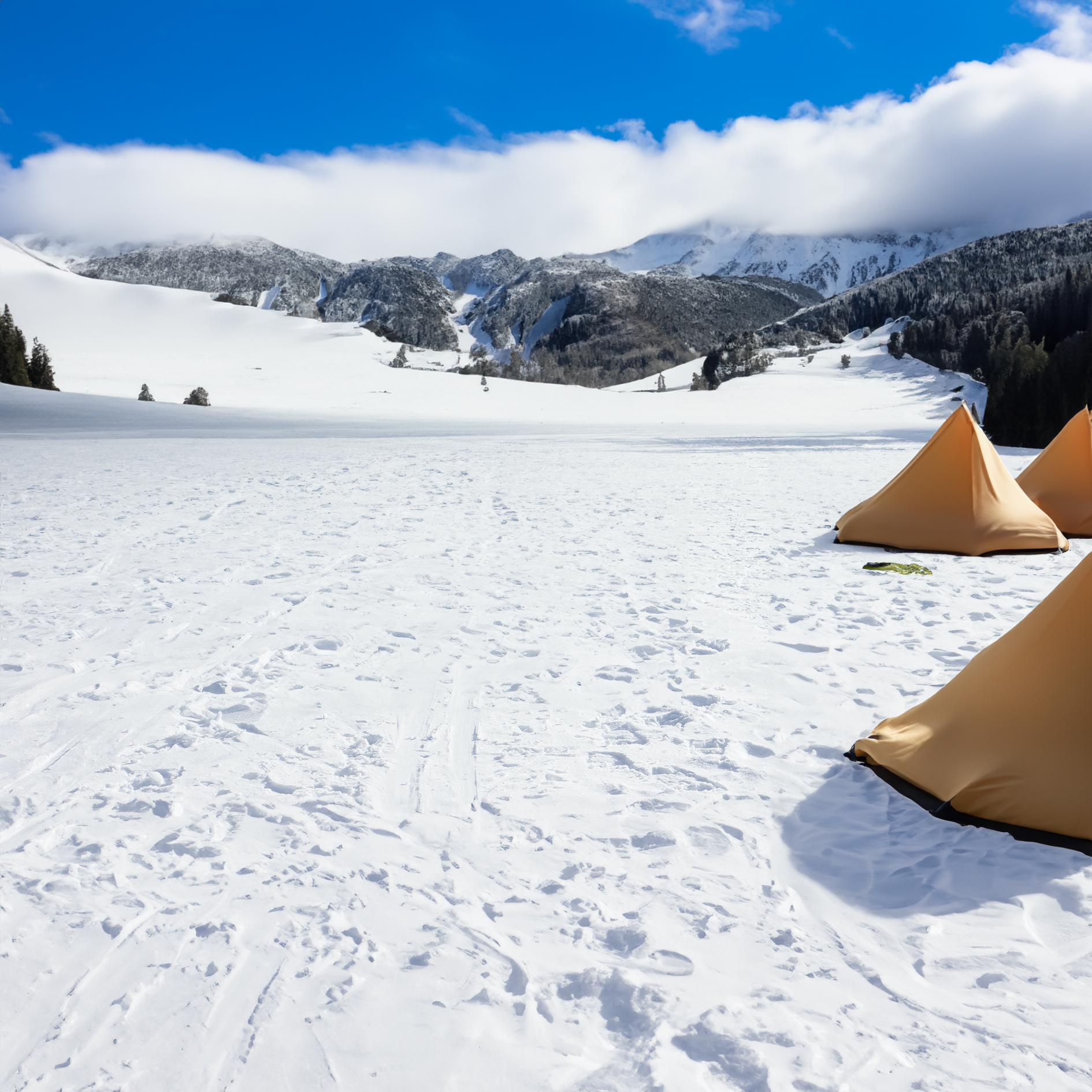
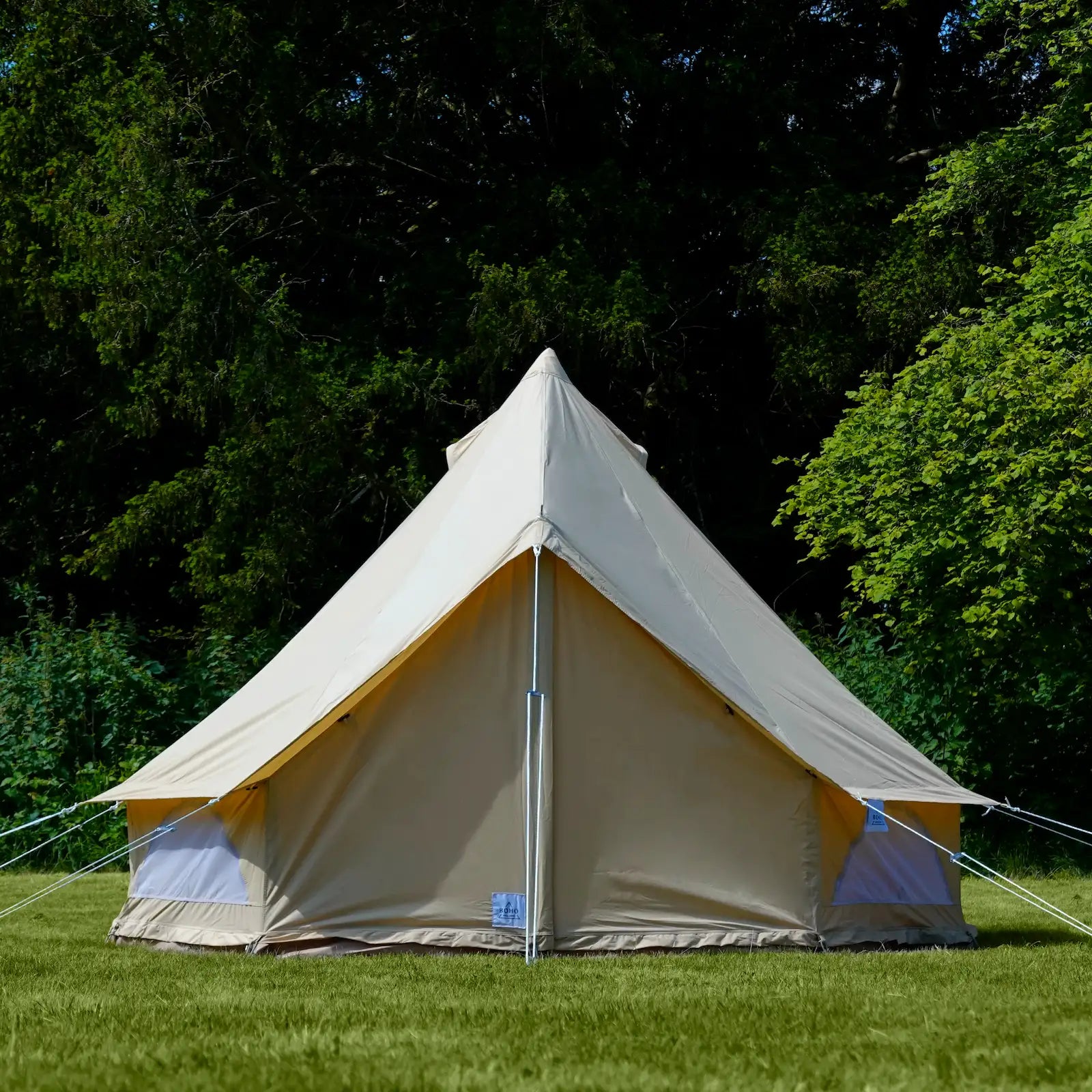

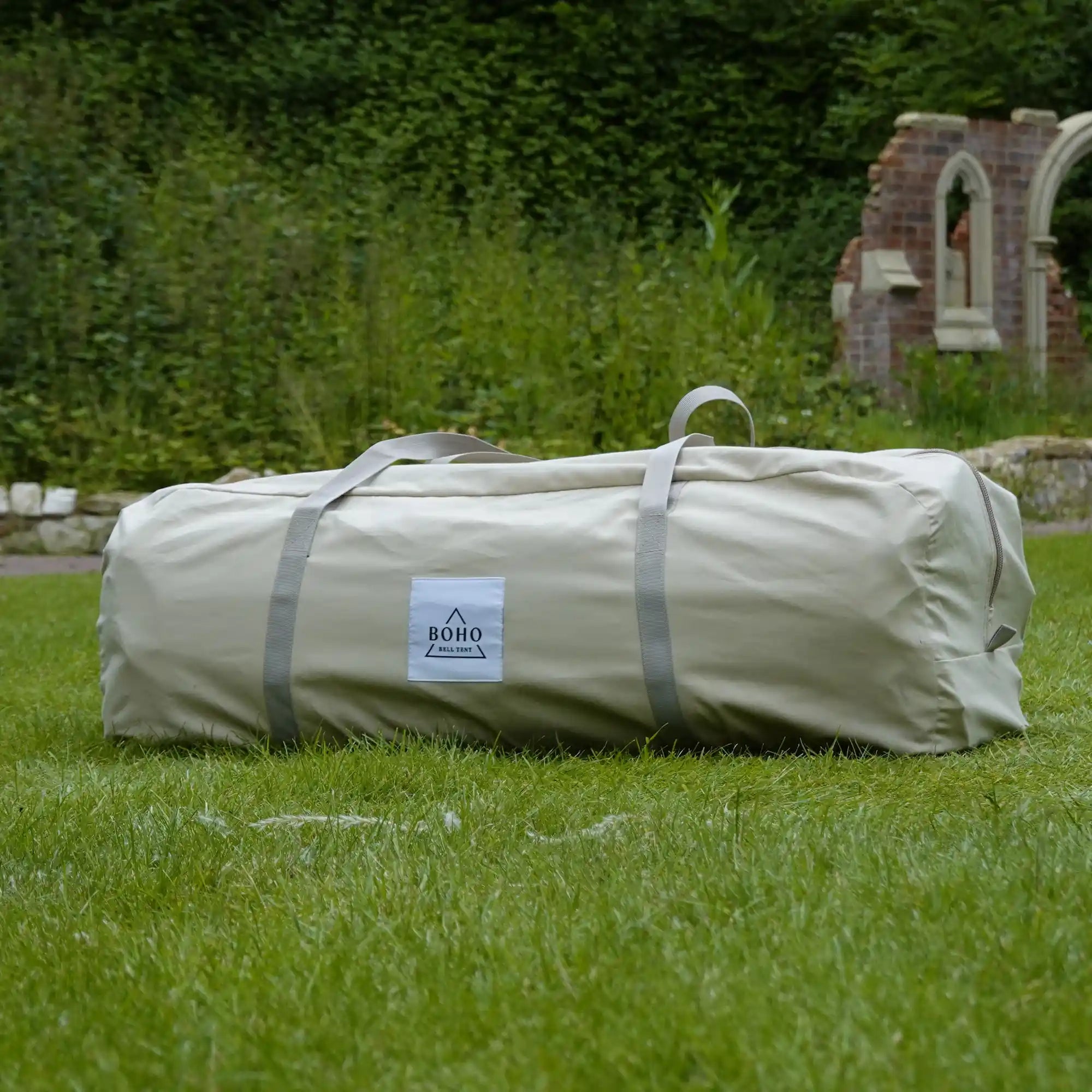
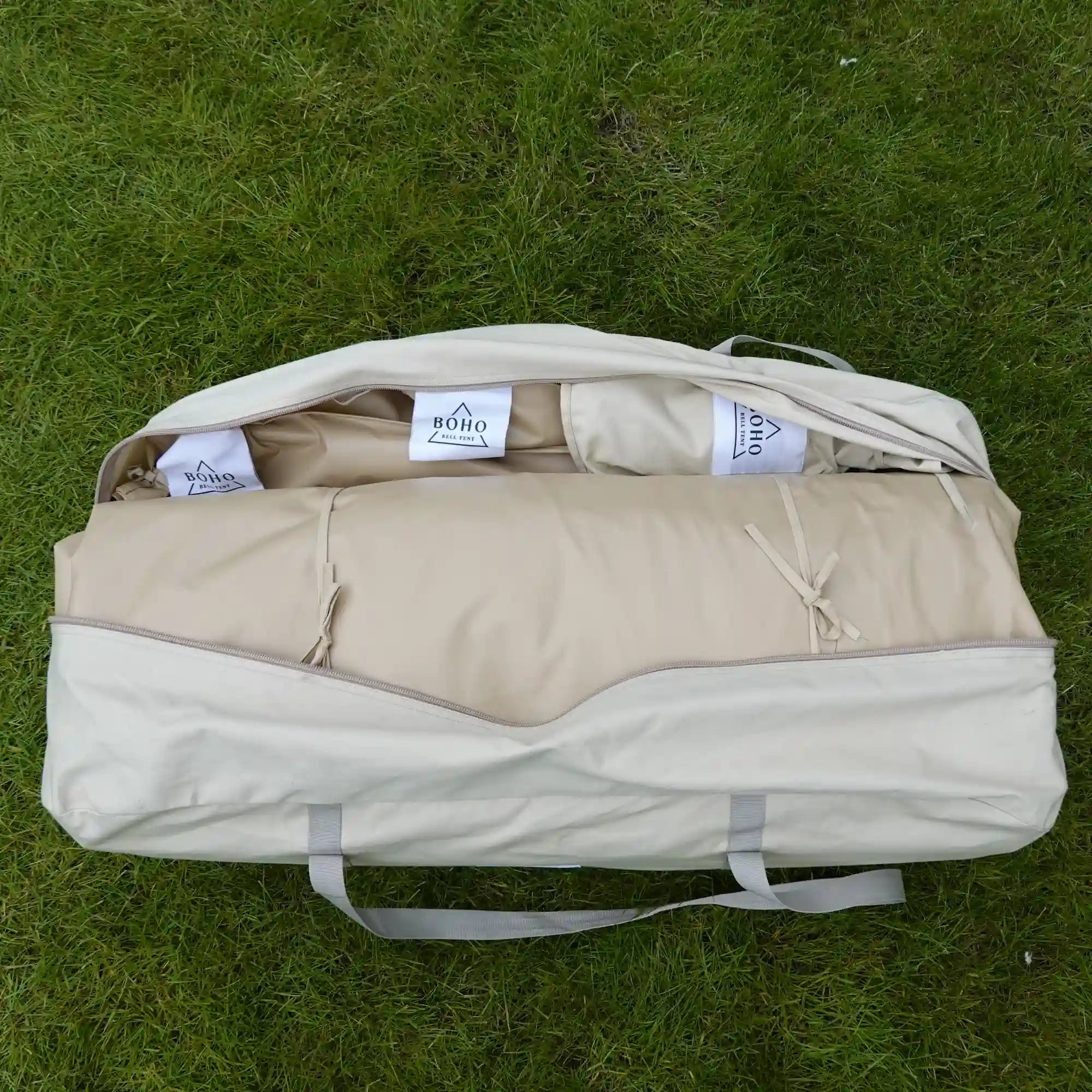
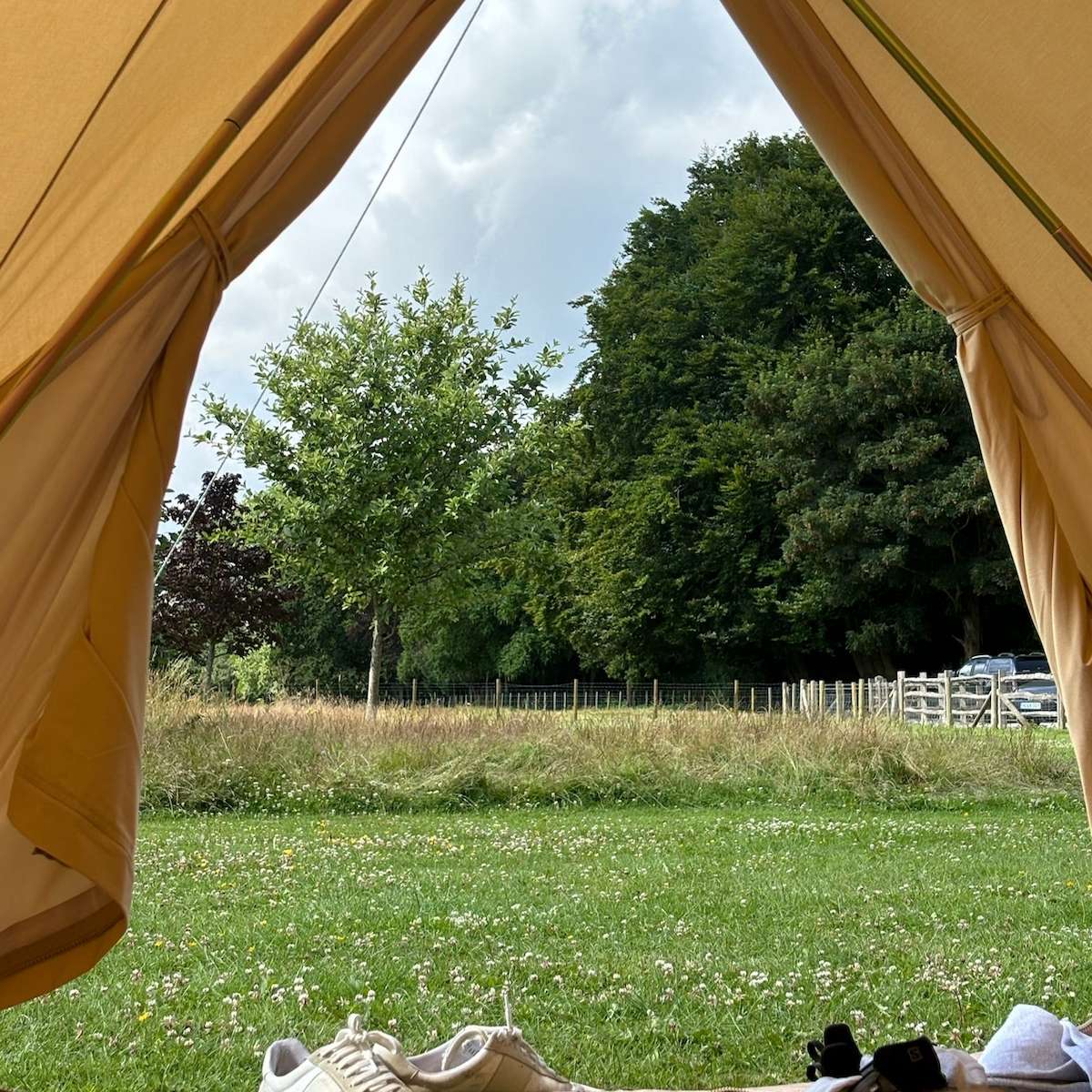
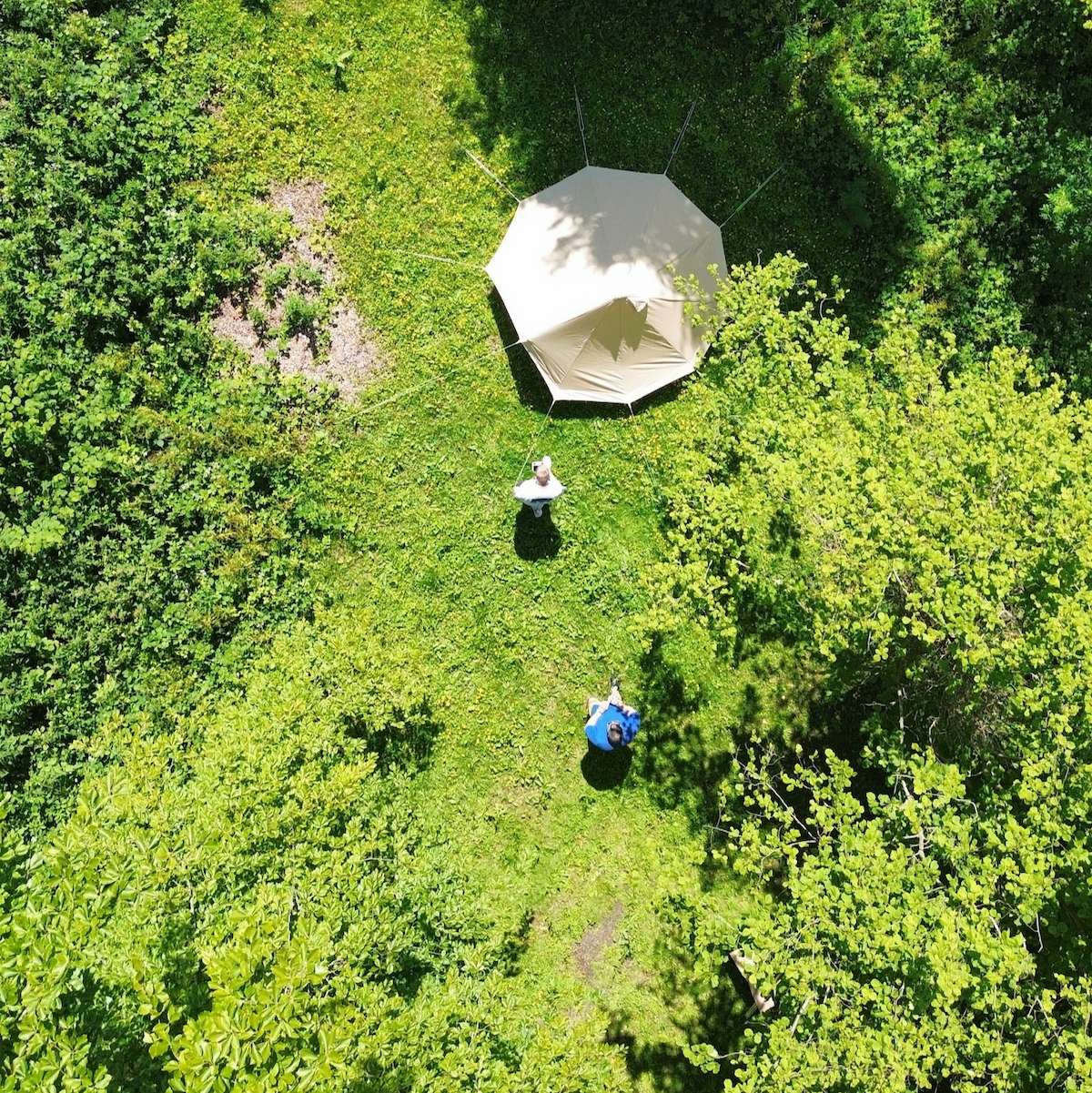

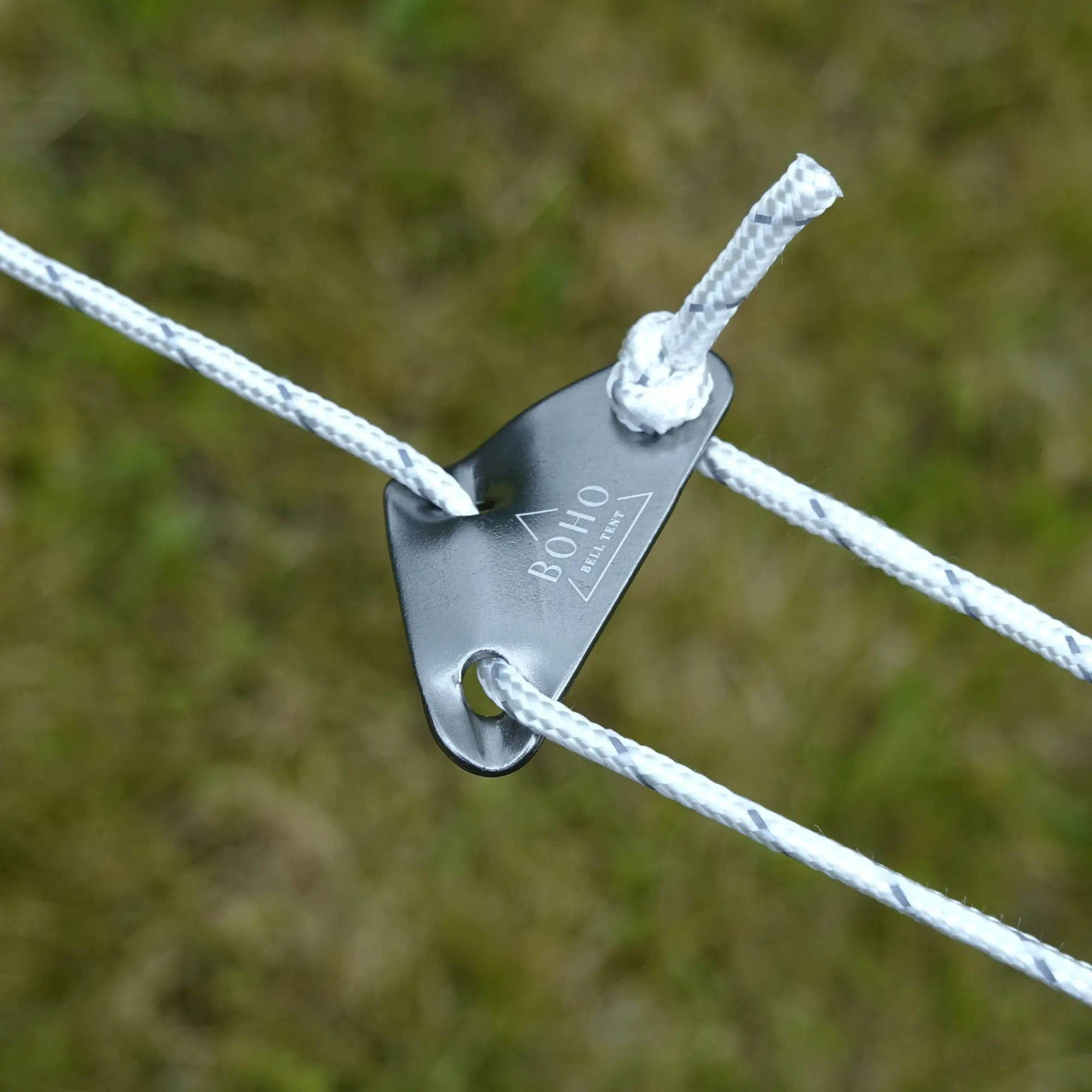
At Boho Bell Tent, we’ve helped hundreds of customers find the perfect setup for festivals, weddings, and off-grid escapes. So if you need any help at all, be sure to reach out!
Share:
Yurt vs. Traditional Tents: Why Yurts Are the New Trend in Outdoor Living
What Makes Bell Tents Expensive?